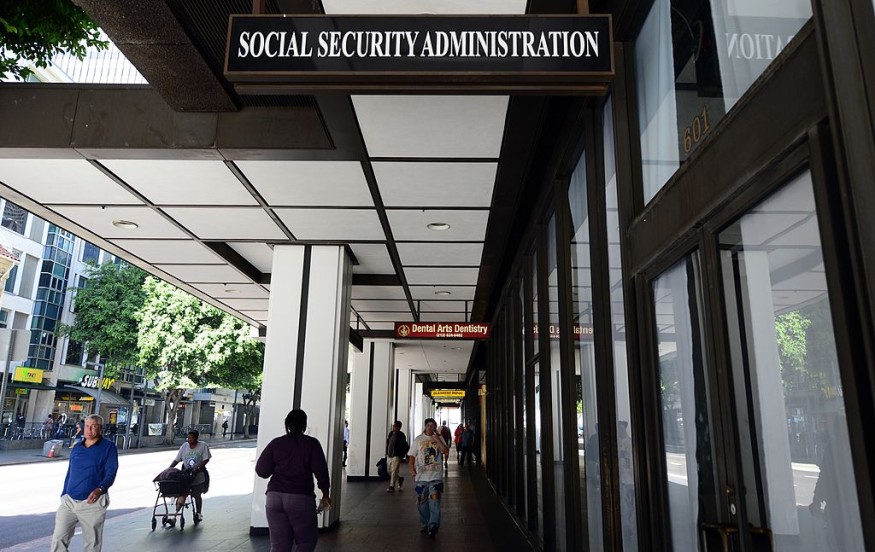Social Security Benefits Could Decrease by 2031 - Here's Why

Social Security benefits have around 67 million Americans depending on the payments. The Social Security Administration has several payments it distributes to its beneficiaries, aside from the usual Social Security payments.
The SSA also administers Supplemental Security Income, Social Security Disability Insurance, and Medicare among others.
However, the agency might be running out of funds sooner than later, according to AS.
The agency's Board of Trustees released their annual report on the financial status of the Social Security Trust Funds, showing that the budget for the Social Security program will run out in 2031, or in eight years' time.
The current estimate is closer as compared to earlier reports of 2032 and even 2034. The closer estimate was attributed to slower-than-expected economic growth.
Treasury Secretary Janet Yellen, trustee lead, said that Social Security and Medicare "are two bedrock programs" for elderly Americans who rely on them upon their retirement.
Yellen noted that the current administration is "committed to ensuring" the long-term viability of the said programs.
Lower Social Security Payments
The funds for Social Security programs will not be completely depleted. However, recipients of Social Security benefits could experience lower Social Security payments.
The agency estimated that it will provide at least half the income of 50% of older married couples and 70% of older singles.
The SSA noted that there will only be enough revenue to pay for 80% of scheduled benefits if Congress does not act before then.
Earlier in March, the White House laid out a plan to extend the solvency of Medicare's hospital trust fund, which covers hospitals, nursing facilities, and hospice services for eligible beneficiaries, as reported by CNBC.
However, the White House has not announced any specific proposal for resolving Social Security's funding problems.
AARP CEO Jo Ann Jenkins noted that Congress must act to protect Social Security and Medicare through the creation of a comprehensive plan that is accountable and fully transparent.
Meanwhile, another trustees' report was released by the Treasury Department, wherein it predicted that the benefits are scheduled to be depleted in 2034.
Social Security Benefits Problems
The Social Security program usually benefits from high-interest rates, with money paid into the SSA system invested in bonds and other higher-quality securities that pay interest.
Go Banking Rates reported that despite the usual high-interest rates, it has been "persistently low for years now."
If it continues, the Social Security benefits will simply have to recalibrate with lower income for its beneficiaries.
There are also longer retirements, which can be a problem when it comes to the computation of Social Security.
Longer lifespans result in higher total payouts. However, the SSA does not have an endless reservoir of cash. Longevity also results in having too many Social Security beneficiaries.
Years between 2010 and 2030 have been estimated to have around 70 million boomers retiring, which would need additional revenue to properly pay out the beneficiaries.
This article is owned by Latin Post.
Written by: Mary Webber
WATCH: Here's what could happen to your benefits if Social Security runs out of money - from CNBC Television
Subscribe to Latin Post!
Sign up for our free newsletter for the Latest coverage!

















